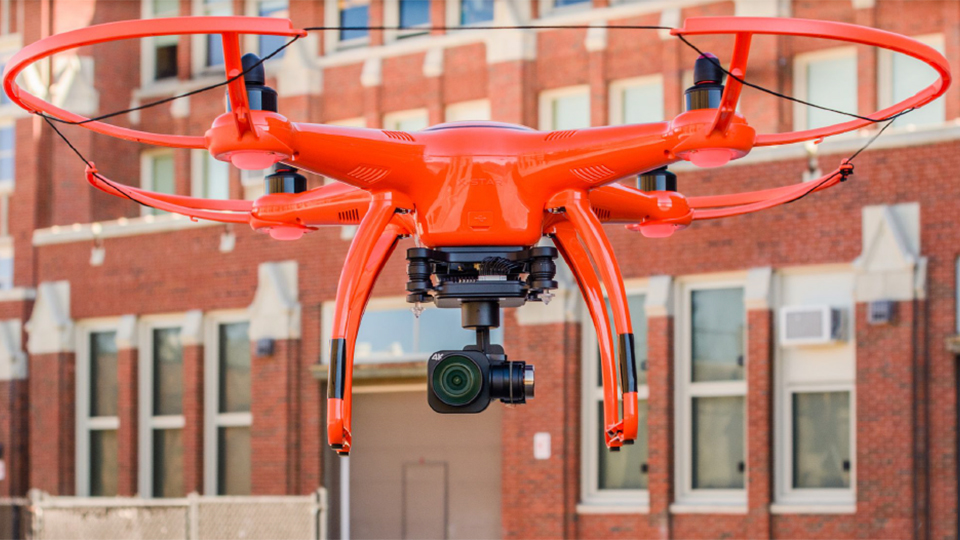When in Doubt, Sit it Out!
Contractor tip of the month
By Damian Lang
Remember those hot summer afternoons on the jobsite, with sweat running into your eyes and burning them? Meanwhile, the mortar on your boards was setting up, becoming unworkable. Were you productive for those few hottest hours of the day? (Guess what? Neither was I!) How about the days you were struggling in the rain with wet block or brick floating around and smearing your walls up? Twenty years ago, while bricking the front of a house, we got caught in the rain. When I drive by the house today, I can still tell where we were working when the rain came. Back then, I was the one who pushed the hardest to stay and work right on through the rain or extreme heat. In fact, the employees who have been with me several years still laugh when it’s raining, and I tell them I see a clear spot in the clouds so the rain is about to pass. But not any more: If the weather is in doubt, we sit it out.
On a fishing trip in Canada a few years ago, we got caught in a terrible storm. It was a long, frigid boat ride back to the cabin. When we finally got back in the warm cabin, a friend who warned us not to go out in the first place asked, “Did you see those ducks sitting under the cliff rocks to stay out of the rain?” When I replied, “Yes I did.” He said, “Those ducks have heads smaller than ping pong balls, and they know better than going out in the rain.”
After years of pushing through the weather, and losing thousands of dollars trying to appease general contractors by sending people to the jobsites when there was an 80 percent chance of rain, we started studying the production on those bad weather days. Can you imagine what we found? We found that if our crews worked a couple of hours and got rained out, it cost us so much that day that there is no way we’d work at a profit that week. Basically, one bad day would ruin the whole week.
We also found that our crews are less productive in extreme heat. And, in Ohio, it gets really hot in July and August. Knowing that some of the afternoons will be unbearable to work in the heat, instead of pushing our people to work those few extremely hot afternoons when production drops, we plan to work shorter hours on these days. We believe this will not only save money by not paying out on low-productivity hours, but also employees going down due to heat exhaustion can be avoided.
Since we changed our scheduling to not working on marginal days, we have yet to upset a customer due to our people not being there on these days. When the GC’s superintendent calls, we just ask him if he has seen the weather map and potential disaster that is about to happen; he doesn’t seem to have a problem with it. Of course, if we can schedule inside work, we will gladly do it that day, instead of working outside.
So, the next time there is an 80 percent chance of rain and the GC calls to see where you are at, tell him “ducks wouldn’t even stay outside today, and you will be there tomorrow.” In fact, why don’t you even be proactive with it and call the GC’s superintendent before he has the chance to call you? I am sure he will be just fine with it. Just remember, “When in doubt, sit it out!”
About the Author
Damian Lang is a mason contractor in southeast Ohio and inventor of many labor saving masonry systems and products. Lang has served as the Marketing Committee Chairman for the Mason Contractors Association of America. He is also author of the book Rewarding and Challenging Employees for Profits in Masonry. To network with Damian on contractor tips or tips you have and would like published, contact him at dlang@langmasonry.com or 740-749-3512.















